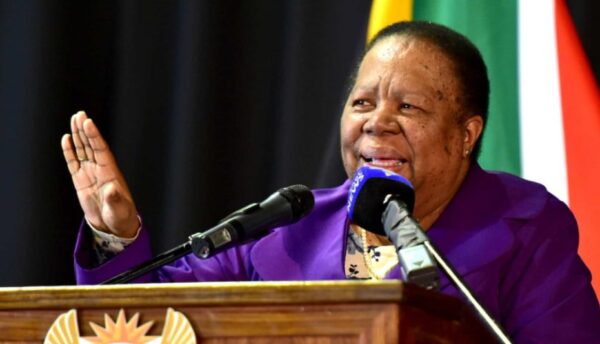
In a political landscape long dominated by patriarchal structures, a powerful shift is underway.
South African women are not just participating in politics—they are shaping its future.
From seasoned veterans to dynamic newcomers, they are navigating the corridors of power with purpose, strategy, and unrelenting resilience.
This is not just a moment—it’s a movement.
1. Naledi Pandor – The Diplomatic Matriarch
With decades of service and an academic background that spans education and linguistics, Dr. Naledi Pandor, Minister of International Relations and Cooperation, is one of South Africa’s most respected political figures. Known for her poise on the global stage, Pandor has represented South Africa in critical diplomatic moments—from BRICS negotiations to UN climate talks. Her steady voice and intellectual gravitas have positioned her as a quiet force in international diplomacy.
“You don’t have to be loud to be heard,” Pandor has said. “What matters is that when you speak, you carry truth and weight.”
2. Patricia de Lille – The Rebel Reformer
Patricia de Lille, a former anti-apartheid activist, has worn many political hats—founder of her own party, former mayor of Cape Town, and now Minister of Tourism. Her no-nonsense approach and refusal to play political games have earned her both admiration and controversy. De Lille is proof that political longevity can coexist with fierce independence.
“I didn’t come to play politics,” she once quipped. “I came to serve the people.”
3. Nomusa Dube-Ncube – A Provincial Powerhouse
The first woman to serve as Premier of KwaZulu-Natal, Nomusa Dube-Ncube represents the evolving face of executive leadership. With experience in diplomacy and provincial governance, she brings a blend of global insight and grassroots sensibility. Her leadership in KZN is being watched closely as a potential blueprint for future national leadership.
4. Yoliswa Yako – The Voice of Youth and Accountability
A rising star in the Economic Freedom Fighters (EFF), Yoliswa Yako brings a fearless edge to parliamentary politics. At just 30-something, she commands attention for her strong stances on education, land reform, and youth unemployment. Her presence signals a generational shift—and a reminder that activism and politics can go hand in hand.
5. Phumzile Mlambo-Ngcuka – From Deputy President to Global Feminist Icon
Although no longer in active domestic politics, Phumzile Mlambo-Ngcuka remains a towering figure. As the former UN Women Executive Director, she championed global gender equality, launching the HeForShe campaign and putting African women’s issues on the world agenda. Back home, her voice continues to shape discourse on gender, justice, and leadership.
A shared struggle, A collective vision
Despite their differing ideologies and affiliations, what unites these women is their shared struggle against deeply embedded systems of patriarchy and inequality. They have faced sexism, gatekeeping, and doubt. Yet, they have persisted.
They’re not just “breaking glass ceilings”—they’re replacing entire rooms.
“Women don’t want power for its own sake,” said Dube-Ncube in a recent interview. “We want to change how power works—for the better.”
The road ahead
As South Africa moves toward pivotal national elections and faces complex socio-economic challenges, the role of women in politics is more crucial than ever. Whether crafting foreign policy, rebuilding institutions, or advocating for grassroots change, women leaders are redefining what power looks like in a democratic South Africa.
They are no longer asking for space—they’re taking it.
